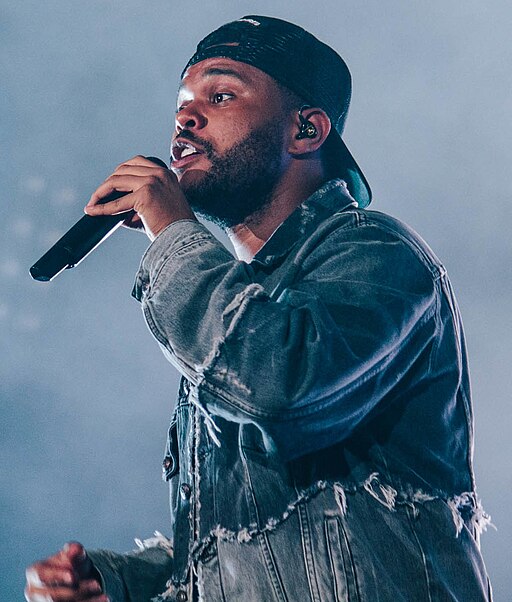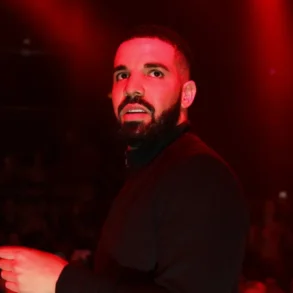
The Weeknd, also known as Abel Tesfaye, has held the position of Spotify’s most played artist each month since December last year, with approximately 106,507,851 monthly listeners (according to Spotify in September 2023). There is little sign of him being toppled from his throne, despite not releasing an album since 2021. He does continue to collaborate on tracks with other artists, such as ‘Popular’ with Madonna and Playboi Carti and ‘Another One of Me’ with French Montana, Diddy and 21 Savage which keeps his music relevant and trending. There is no doubt that the R&B, Pop and Hip-Hop star is popular with Spotify listeners.
It is surprising that an artist with such explicit lyrics and themes in their songs has risen to the top. It is difficult to find a song that the radio would not have to censor, because Tesfaye uses vulgar language and swears often. This language is predominantly directed towards women. The Weeknd often objectifies and degrades women through his lyrics, such as in ‘Heartless’ where he sings “Never need a b-tch, I’m what a b-tch need” or in ‘Often’ where he intones “If I had her, you can have her, man it don’t matter”. You do not need to listen to his music for long to find more examples. The artist is no stranger to musical controversy. Conspiracy theories link The Weeknd to satanism and the illuminati alongside a growing trend in other popular artists, such as Billie Eilish and Sam Smith.
The Weeknd is part of a generation of male artists who profit from the objectification and sexualisation of women. The Weeknd’s popularity can be attributed to a rise in misogynistic R&B and Pop culture, which does not excuse his behaviour, but views it in the context of a rising trend in popular music.
Also worth comment is the artist’s character ‘Tedros’ in the HBO Max show ‘The Idol’. The Weeknd’s acting performance bears frightening similarities to his public musical persona. His actions towards women and the language he uses, though from a script, seem to fit with the celeb’s identity as a womaniser and bad boy who uses women as nameless playthings.
When asked about the misogynistic undertone of his songs in interviews, such as with Esquire, Tesfaye claims to be playing ‘a character’ and argues that it was never his ‘intent to offend anybody’. This begs the question: are women offended by his songs and, if so, why are they still listening?
The Weeknd writes enchanting melodies and harmonious riffs, however, it could be argued that these catchy tunes disguise a darker indication of supporting a patriarchal society that over-sexualises and oppresses women. Conversely, some women feel empowered by his songs and do not feel objectified but rather liberated by the open use of sexual language. His music could be compared to that of Doja Cat or SZA who similarly use explicit language in an liberating way, however these female artists are reclaiming sexualised language that has previously been used to exploit and degrade women. Despite collaborating with female artists such as Ariana Grande, Madonna and Lana Del Rey, The Weeknd feels far from a feminist.
Why is anyone still listening? Despite the evidence that The Weeknd’s music is arguably anti-feminist, or at the very least objectifies and exploits women, he remains the most popular artist on Spotify. It seems we are willing to allow a catchy tune to dissolve, or at least temporarily discard, our personal ideologies and morals. What can we say, we’ve been blinded by the lights.
“File:FEQ July 2018 The Weeknd (44778856382) (cropped).jpg” by Nicolas Padovani is licensed under CC BY 2.0.
Related
This post was originally published on this site be sure to check out more of their content.








